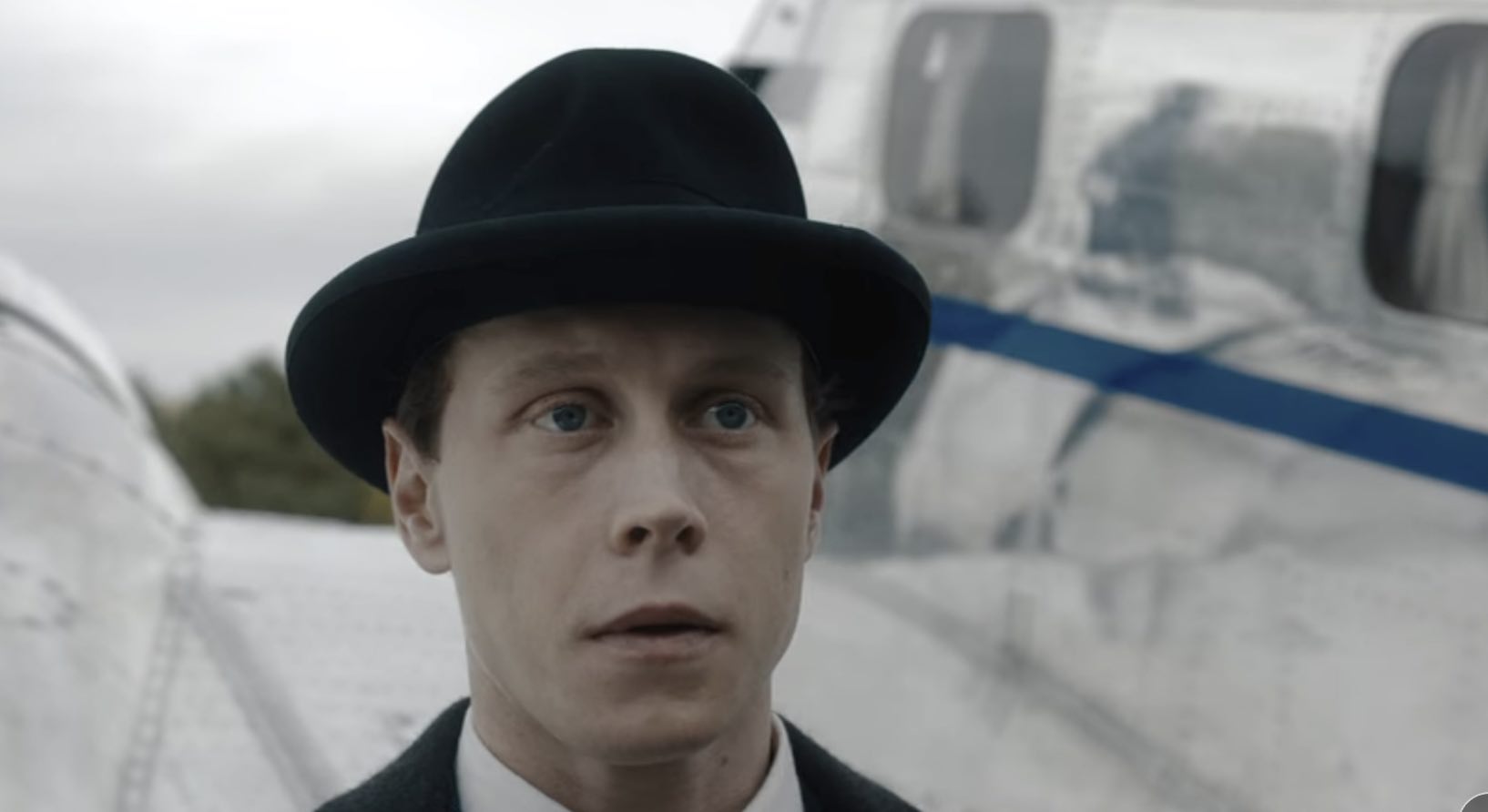Munich: The Edge of War
When the world feels unfriendly and the people you thought were friends whisper behind your back, you know you’re not in Hollywood anymore. You’re watching the fully earnest Munich: Edge of War.
Munich: The Edge of War
3/5
Starring: George MacKay, Jeremy Irons
Directed by: Christian Schwochow
Rating: Parental Guidance
Running time: 2 hrs 10 mins
Now streaming on Netflix
By Katherine Monk
In September of 1938, world leaders met in Munich to supposedly find a way to avert a World War. Concerned about Hitler’s military escalations across Europe and the successful annexation of Austria, British Prime Minister Neville Chamberlain sought to make an agreement with the little man in brown pants — despite cautions from his own advisers that Hitler wasn’t sincere, and probably wouldn’t live up to any signed piece of paper if it stood between him and world domination. They were right, and as a result, Chamberlain has been forced to wear the tar and feathers of history as a fool who was broadsided by a fascist.
This new movie doesn’t exactly erase Chamberlain’s nasty stain, but it does broaden the context of the moment by digging into the emotional and human side of historical inflection points. George MacKay (1917, Captain Fantastic) plays a fictional translator and aide in the British government named Hugh Legat.
This new movie doesn’t exactly erase Chamberlain’s nasty stain, but it does broaden the context of the moment by digging into the emotional and human side of historical inflection points.
Though he has few ambitions politically, he’s thrust into the limelight when his personal history becomes strategically useful. Legat attended Oxford to study German. While there, he befriended several Germans who later found similar posts in Hitler’s rising Reich. When they were all young and idealistic, such things as national pride seemed benign enough — and just part of the nation building that follows war. But now that Hitler’s move to consolidate power has begun in earnest, everyone seeks a way to stop him — including Hugh Legat, and his old friends Paul (Jannis Niewohner) and Lenya (Liv Lisa Fries).
Their best chance at quieting the drums of war comes at the Munich conference, when, as translators, they will have a chance to meet in person and exchange the documents necessary to — hopefully — warn Chamberlain about Hitler’s true intentions.
Much like the film The Courier, the Benedict Cumberbatch spy thriller that came out earlier this year, or Six Minutes to Midnight — another film that explored the specific paranoia that infects the Zeitgeist in the lead-up to war, the best thing about Munich: The Edge of War is how it shows the personal de-lamination of the individual as they are forced to make life or death decisions that seem so inconceivable, the world starts to swirl into surreal currents where the once impossible seems entirely plausible.
As people who know only peace in our lifetimes, it’s easy to look at the entire cast of characters in this film and think “yeah, they’re being rational when they think Hitler won’t start a world war.” But we know they were merely playing a game of collective denial. And that, in turn, forces us to look in the mirror and ask if we are doing the same.
THE EX-PRESS, January 21, 2022
-30-






No Replies to "Munich: Edge of War wallows in pre-war paranoia"